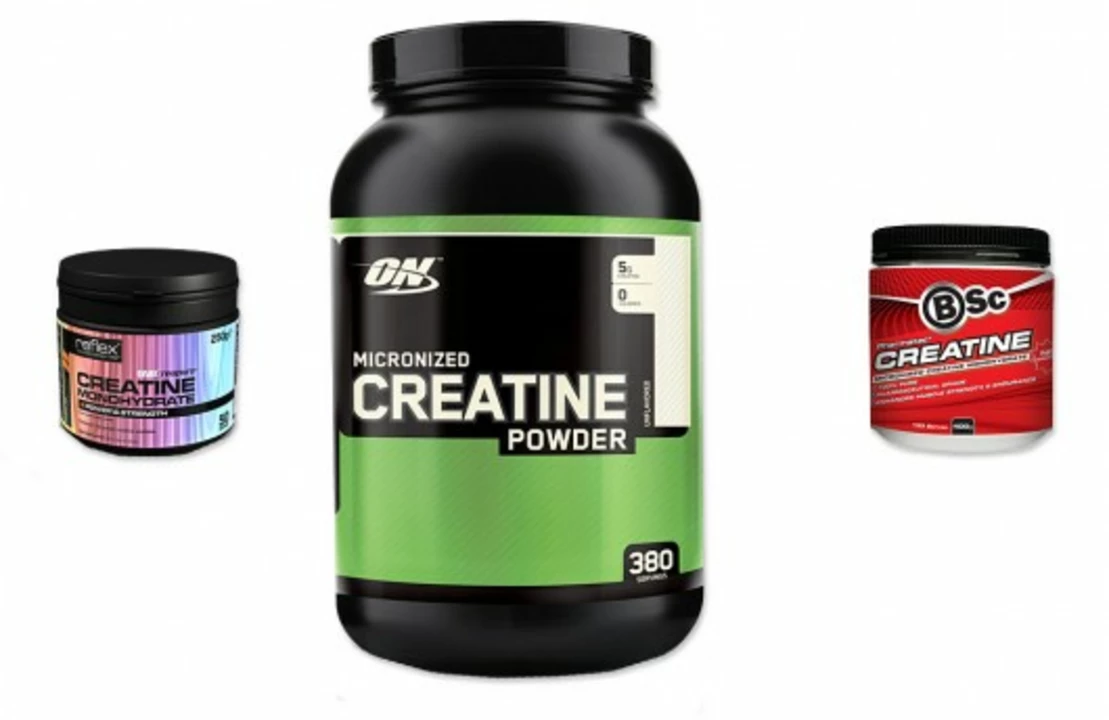Strength Guide: How Men Can Boost Power Safely
If you’re looking to get stronger, you don’t need a magic pill or a secret gym. Real progress comes from a mix of smart training, proper food, and the right supplements. In this guide we’ll break down what works, why it matters, and how to avoid common pitfalls.
Train Smart, Not Harder
The foundation of any strength plan is resistance training. Focus on compound lifts like squats, deadlifts, bench press, and rows because they recruit multiple muscle groups at once. Aim for three sessions a week with 4–6 sets of 4–8 reps per exercise. Rest 2–3 minutes between sets to let your nervous system recover – this is where strength gains happen.
Don’t forget progressive overload. That simply means adding a little weight or an extra rep each week. Small, consistent upgrades add up faster than occasional huge jumps that can cause injury.
Fuel Your Muscles Right
Eating enough protein is non‑negotiable. Target 1.6–2.2 grams of protein per kilogram of body weight daily – for a 80 kg man, that’s roughly 130–175 g. Spread the intake across meals to keep amino acids flowing. Include lean meats, eggs, dairy, beans, and whey protein if you need a convenient boost.
Carbohydrates give you the energy to lift heavy. Aim for about 3–5 g per kilogram of body weight on training days. Good sources are oats, sweet potatoes, rice, and fruit. Healthy fats support hormone production, especially testosterone, which plays a role in strength. A handful of nuts, olive oil, or avocado each day is enough.
Hydration matters too – dehydration can shave off pounds from your bench press. Drink at least 3 L of water daily, more if you sweat heavily.
Supplements That Actually Help
When basics are covered, a few supplements can speed up results. Creatine monohydrate is the most studied and safe option; 5 g per day improves power output in almost anyone. Beta‑alanine can buffer muscle acidity, helping you push through those last reps.
If you’re low on protein, whey or casein powders fill gaps quickly. For joint health, consider glucosamine or omega‑3 fish oil – they reduce inflammation and keep you lifting pain‑free.
Always buy from reputable sources. Look for pharmacies that verify product quality, such as those listed on MenMD.com’s trusted pharmacy guide. Avoid “too good to be true” deals that skip safety checks.
Avoid Common Mistakes
Skipping warm‑ups is a fast track to injury. Spend 5–10 minutes on light cardio and dynamic stretches before heavy lifts. Also, don’t rely solely on supplements; they’re boosters, not replacements for food and training.
Sleep often gets overlooked but it’s crucial for recovery. Aim for 7–9 hours per night; growth hormone spikes during deep sleep, supporting muscle repair.
Finally, track your progress. Write down weights, sets, reps, and how you feel each session. Seeing numbers move forward keeps motivation high and shows what’s working.
Strength isn’t built overnight, but with consistent lifts, solid nutrition, smart supplementation, and good rest, you’ll notice real gains in weeks. Stick to the plan, stay patient, and enjoy watching your power grow.
From Strength to Stamina: Exploring the Many Benefits of Creatine Supplementation
I recently delved into the world of creatine supplementation and discovered its numerous benefits. Not only does it help increase strength and muscle mass, but it also boosts our stamina and overall athletic performance. Creatine is a natural substance found in our bodies, and supplementing it can aid in faster post-workout recovery. Additionally, it's been linked to improved cognitive function and brain health. It's amazing to see how such a simple supplement can have such a significant impact on our health and fitness goals.
© 2026. All rights reserved.

